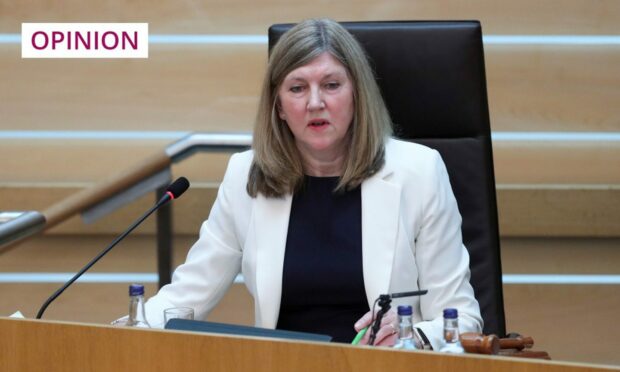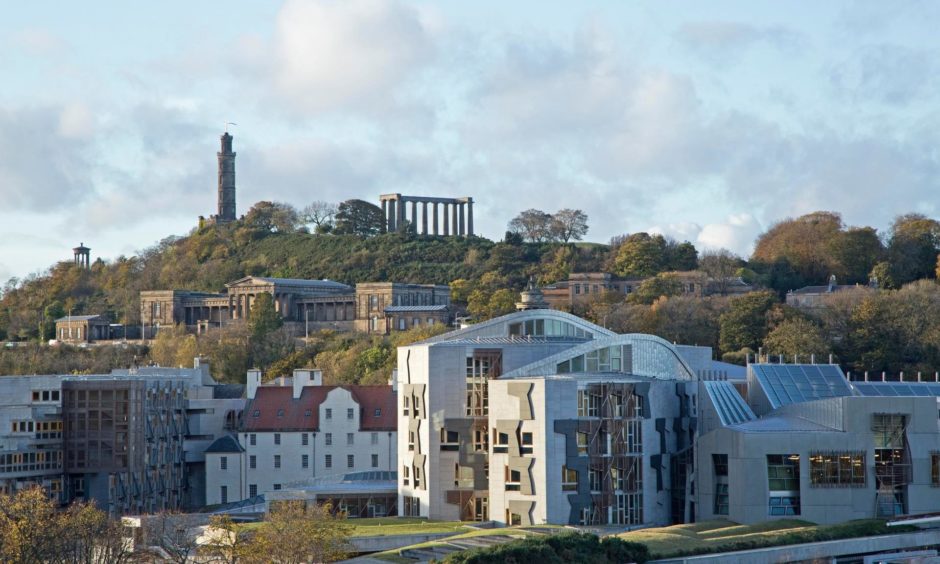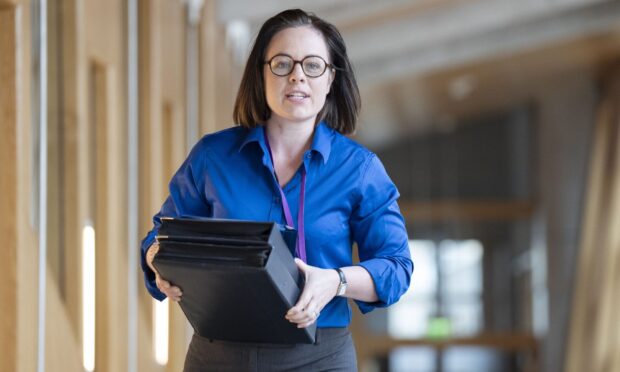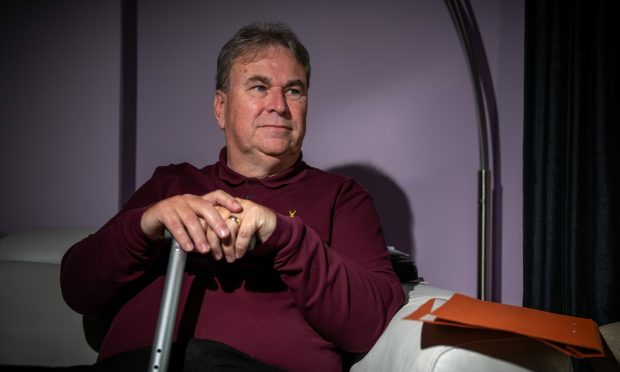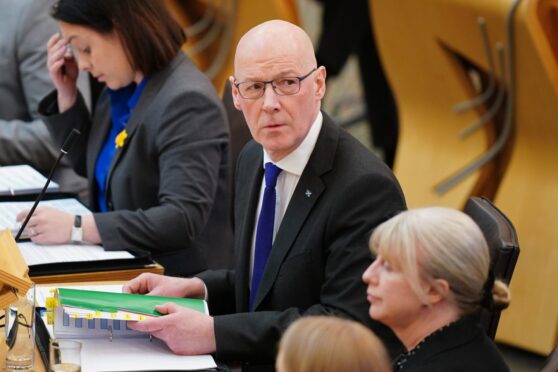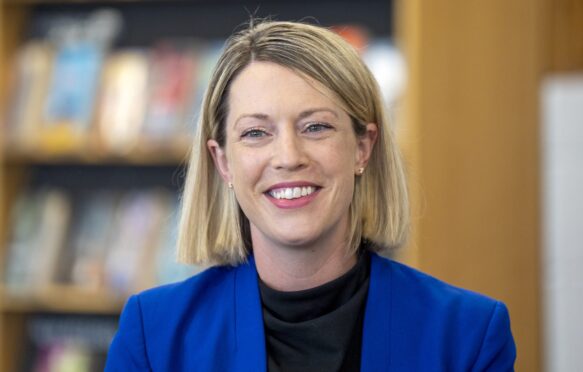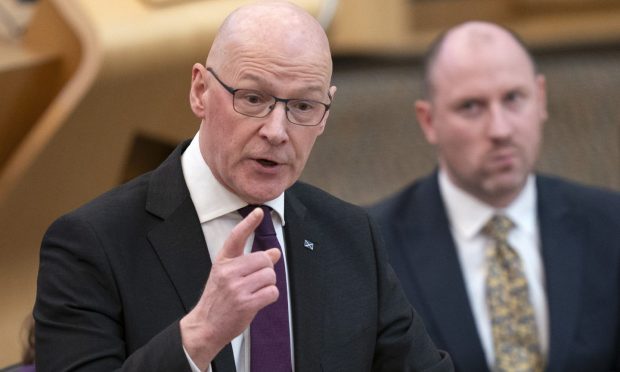The Scottish Parliament’s public petitions system has allowed individuals, communities and groups campaigning for a change a direct line into the heart of Scotland’s democracy.
In keeping with the founding principles of the Scottish Parliament; accountability, open and encouraged participation, power sharing and equal opportunities, the parliament has received thousands of petitions over the last 23 years from every corner of Scotland.
Reflecting on the impact of some of those petitions demonstrates the potential of the parliament’s petition process as well as the benefits of increased public participation in all aspects of our work.
Whilst not every petition will lead to a change in policy, those successful can be incredibly meaningful.
This inquiry is critical to shaping the way the Scottish Parliament connects with people.
– Alison Johnstone.
In 2007 Walter Baxter successfully petitioned the parliament, objecting to the merging of specialist care for people suffering a brain haemorrhage which would have seen people having to travel south for life-saving treatment.
He said the success of his petition gave him “a bit of belief in the whole system”.
And earlier this year, Callum Isted, who was just 7 at the time, made Holyrood history by bringing his campaign for reusable bottles for all pupils to the Scottish Parliament as our youngest petitioner ever.
These petitions demonstrate the strengths of Scotland’s system.
READ MORE: How ordinary people in Dundee have changed the law
Any person or organisation can submit a petition – you do not have to be a certain age or even live in Scotland.
A petition only needs one name behind it, that of the petitioner themselves to be considered.
‘We want to hear from you’
Whilst petitions provide one route into driving change, the Scottish Parliament needs to continue to ensure that we do all we can to engage with the people of Scotland.
That’s why I’ve been closely following the citizen participation and public petitions committee inquiry into public participation, which is being led by Jackson Carlaw MSP as convener.
This inquiry is critical to shaping the way the Scottish Parliament connects with people across Scotland, and in particular, those groups and communities we know right now that we don’t hear enough from when making new policy and laws.
We want to hear from you.
If you have a burning issue, that could be a petition, or if you want to find out more about the public participation inquiry and share your views on how we can improve, visit parliament.scot to get in touch.
Alison Johnstone is Presiding Officer of the Scottish Parliament.
